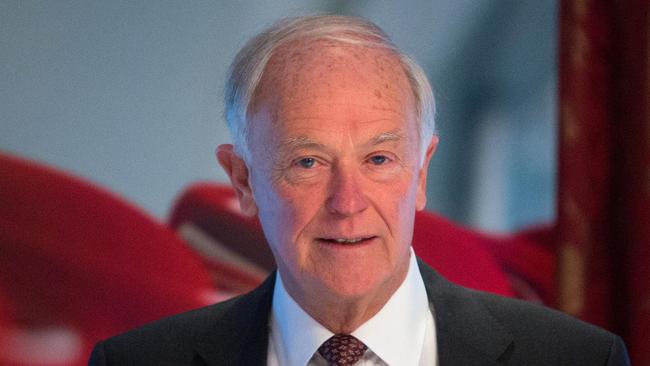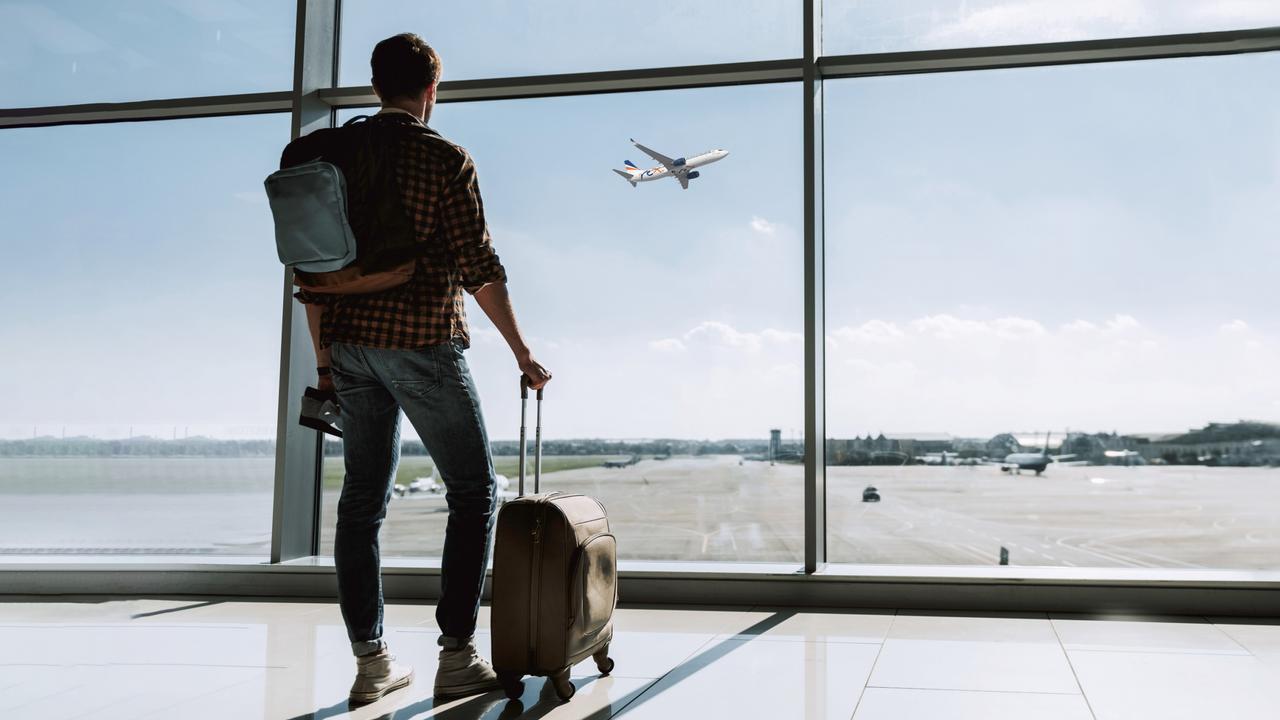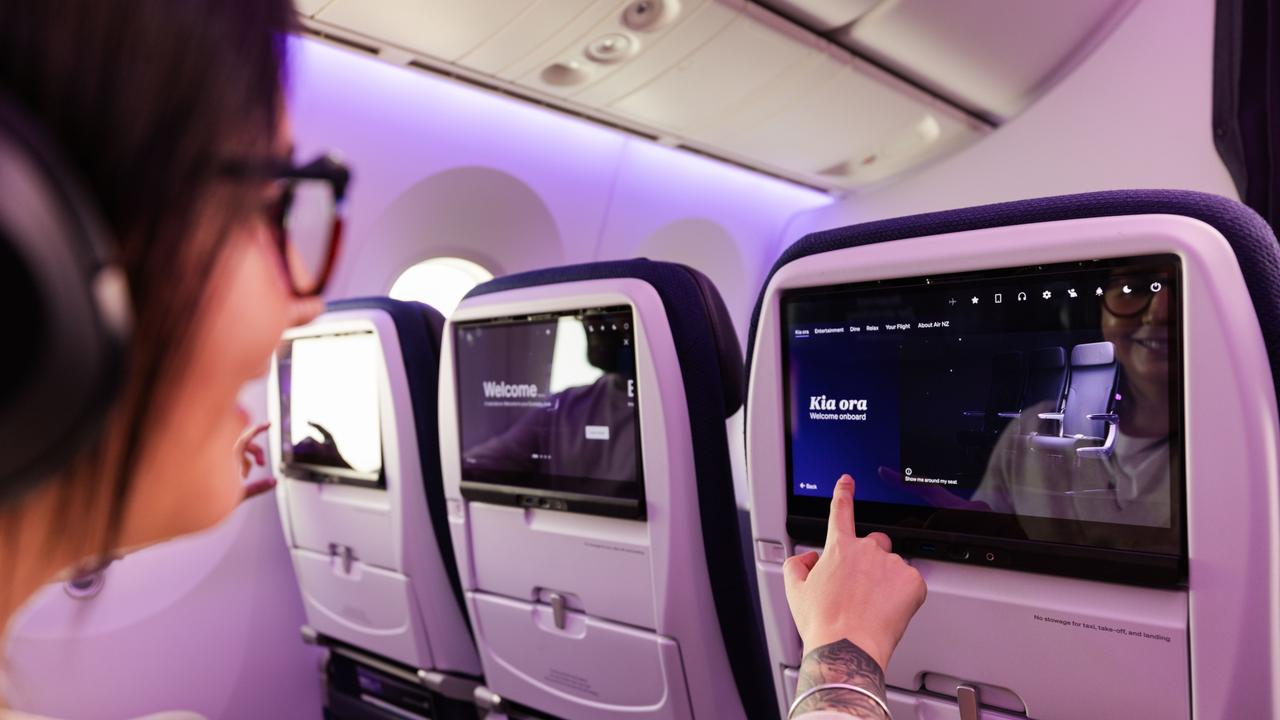Emirates president Tim Clark in aviation industry security plea
In the past 12 months the global aviation industry has been rocked by devastating terrorist attacks.

Over the past 12 months the global aviation industry had been rocked by devastating terrorist attacks on aircraft, personnel and airports.
The Brussels airport attacks in March where two bombs killed 16 people, the suspected bombing of Metrojet 9268 that killed all 224 passengers and the suicide bomber on a Daallo flight departing Mogadishu — all remain as grim reminders that terrorists do not care who they victimise in trying to achieve their ends.
But while the global aviation industry is making earnest attempts to work alongside governments and intelligence agencies to track and prevent such atrocities from happening in the future, much remains to be done.
“In my view we are not doing enough,” Emirates president Tim Clark said at the annual meeting of the International Air Transport Association in Dublin.
“We have had so many wake-up calls in the past couple of years, it is clear we have to do a lot better than we have been doing.”
Aside from the heinous act of taking civilian lives, terrorist attacks on aircraft and airports also cause significant reputational and costly damage to the aviation industry. Figures released this week by IATA showed air passenger demand in April rose at its slowest rate since January last year, as the attacks on Brussels airport in March crushed consumer appetite for travel.
Bernard Gustin, the chief executive of Brussels Airlines whose hub airport was hit by that attack, said it was imperative that terrorists be stopped before they reached airports. “Once those people go into the airport, it’s too late,” he said.
Mr Gustin said that while it was vital to have robust security systems in place, it was more important for intelligence to be shared between airports and law enforcement agencies to ensure would-be attackers were caught before they committed their atrocities.
“We can have more security checks in the airport but the issue is governance. All the guys who were in Brussels were tracked somewhere at some point but the information did not flow from one country to the other,” he said.
“We shouldn’t fall into the debate of putting everything upside down. What happened in Brussels could have happened in any other airport in the world. We need to continue to analyse security process and come back with pertinent answers backed by risk analysis and then apply that globally.”
IATA, which represents more than 250 airlines responsible for more than 80 per cent of global air traffic, this week made a formal call for an intensified co-operation among governments and across the air transport industry to help keep passengers safe.
The industry body wants to see at least two initiatives introduced that it believes can help mitigate risks imposed on queues and crowds at airports. The first is Smart Security — a partnership with the Airports Council International that would attempt to streamline security and reduce queues through more effective screening.
The second is Fast Travel — IATA’s initiative to speed-up passenger processing with self-service technology, such as internet check-in and home-printed baggage tags. IATA believes these initiatives will allow passengers to arrive at the airport ready to travel, thereby reducing passenger dwell time in landside areas of the airport that are increasingly becoming target areas for terrorists.
But Mr Clark believes those measures don’t go far enough and that airports and airlines should embrace the latest in technological and intelligence gathering tools to help improve security.
“We need to adopt far more readily the technological advances that have been made available to us,” he said. “Biometrics need to be much more to the fore. We need to streamline the processes but increase the level of security that we have. I’m sure we can do it and we must do it because of what has happened recently.”
Such initiatives come at a cost and require extensive co-operation with governments that are too regularly lumbered by red tape and their poor grasp of technology. The confluence of costs and inadequate government support means some airlines — like Qantas’s budget carrier Jetstar — are taking on the task themselves.
“The safety and security of our people and our customers is everything so it’s our job to ensure that security provided to us in airports meets the standard we set for ourselves,” said Jetstar chief Jayne Hrdlicka. “But in many airports we operate it is not to our standard so we augment it. We not only pay for security but we top it up to the standards we set ourselves.”
Mitchell Bingemann travelled to Dublin as a guest of Airbus and IATA



To join the conversation, please log in. Don't have an account? Register
Join the conversation, you are commenting as Logout